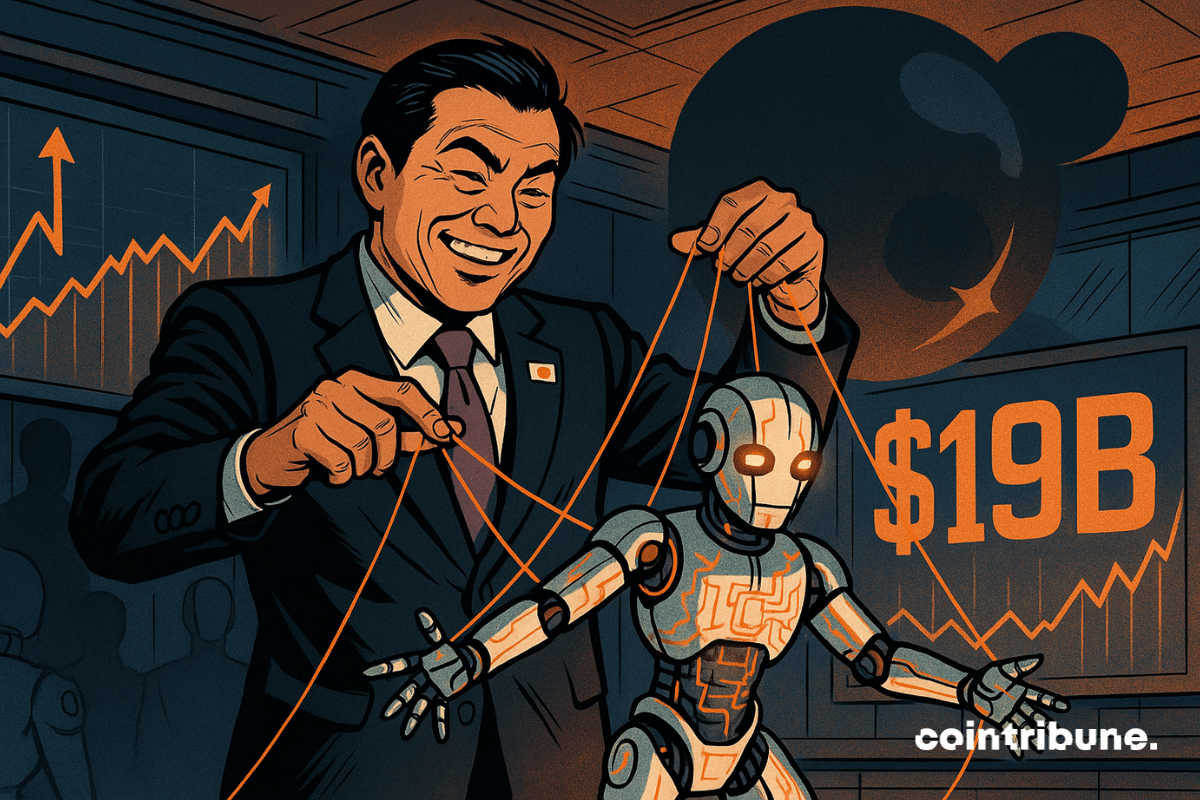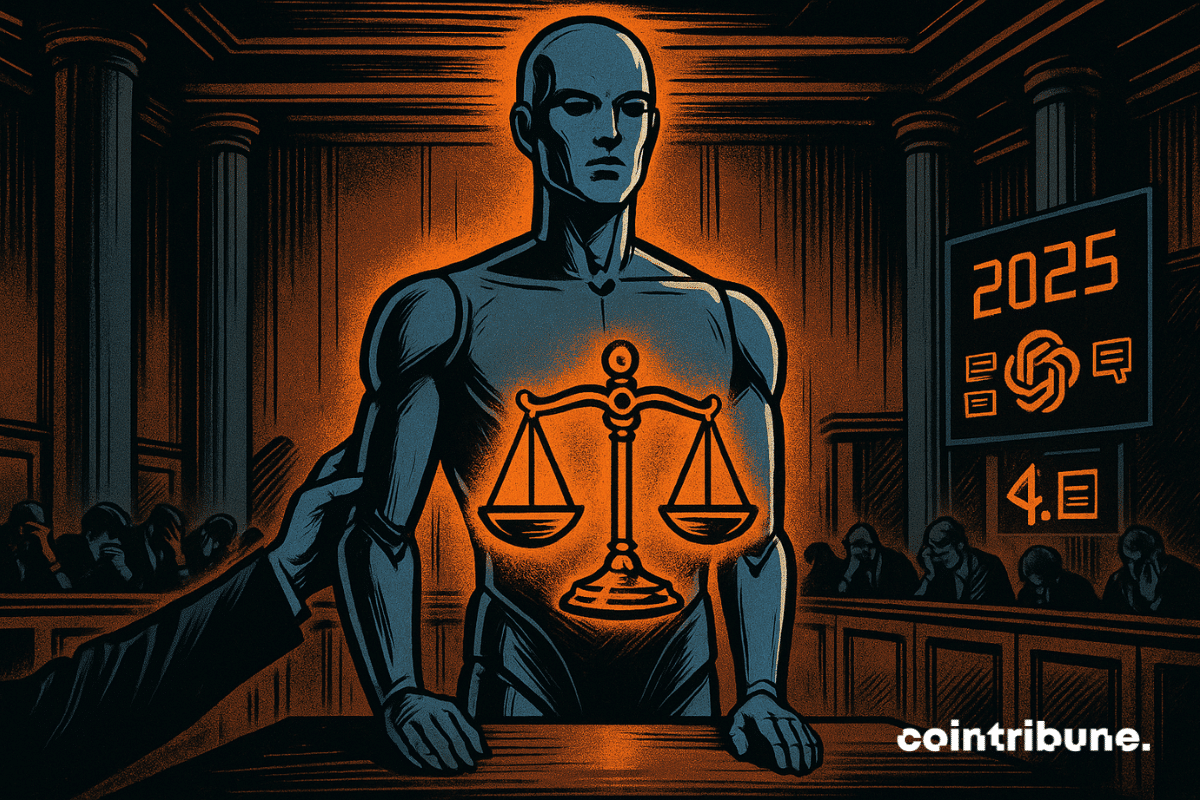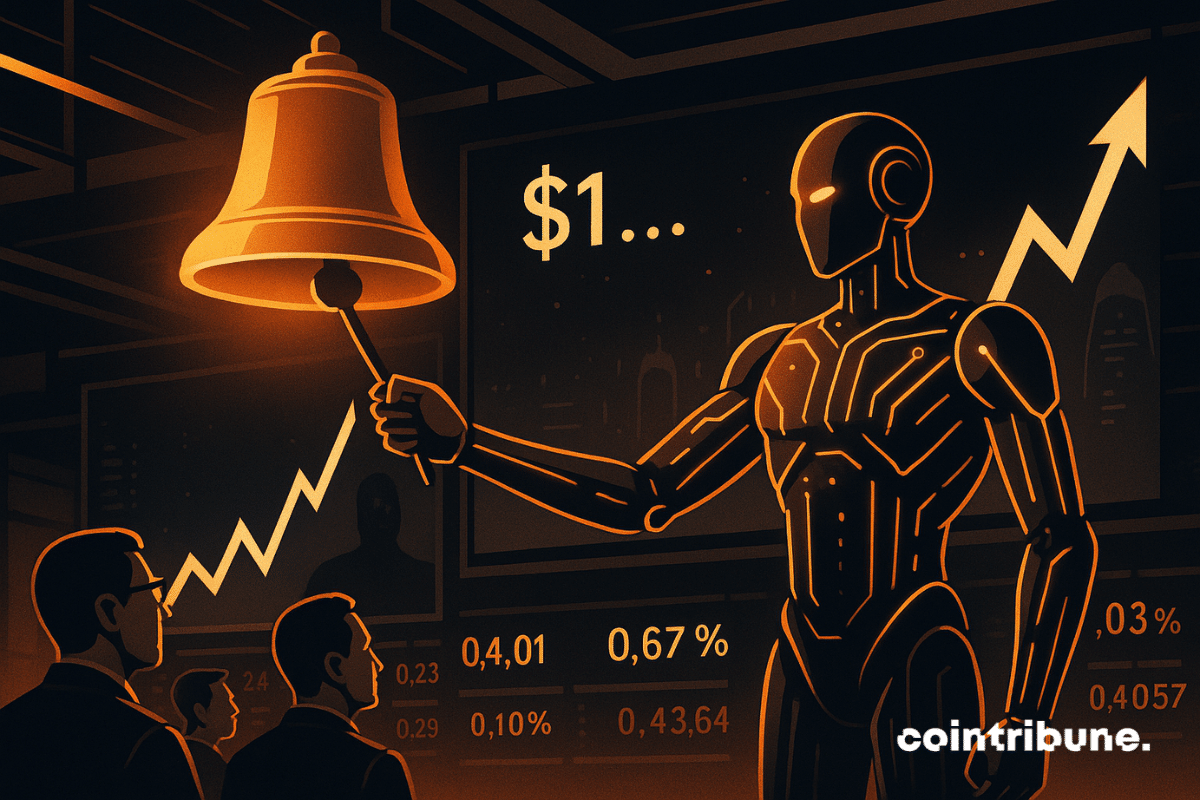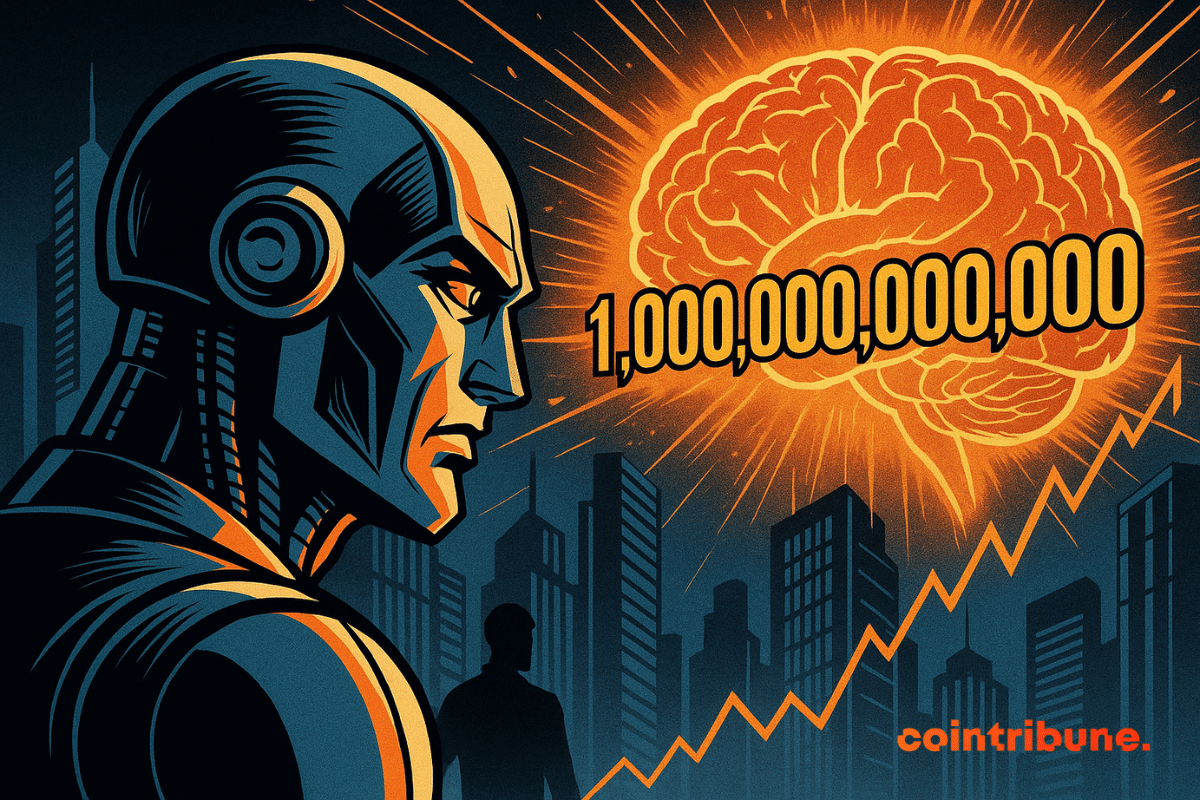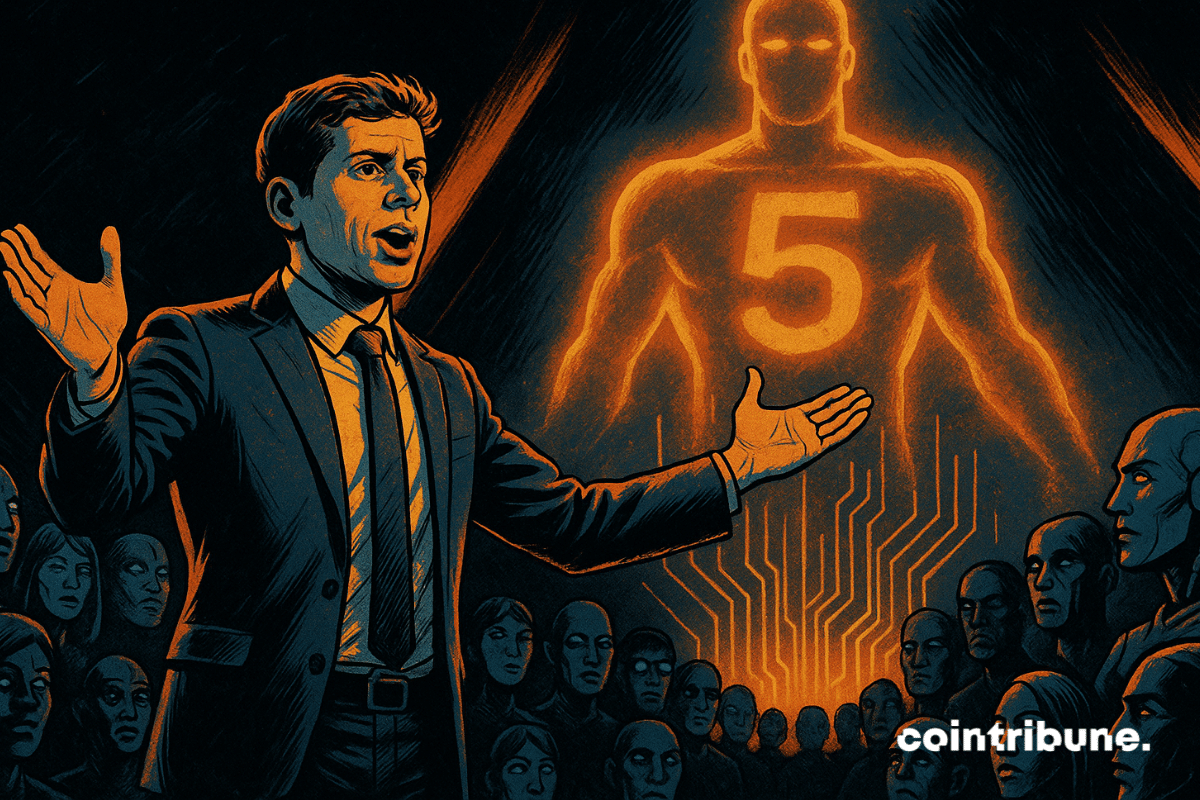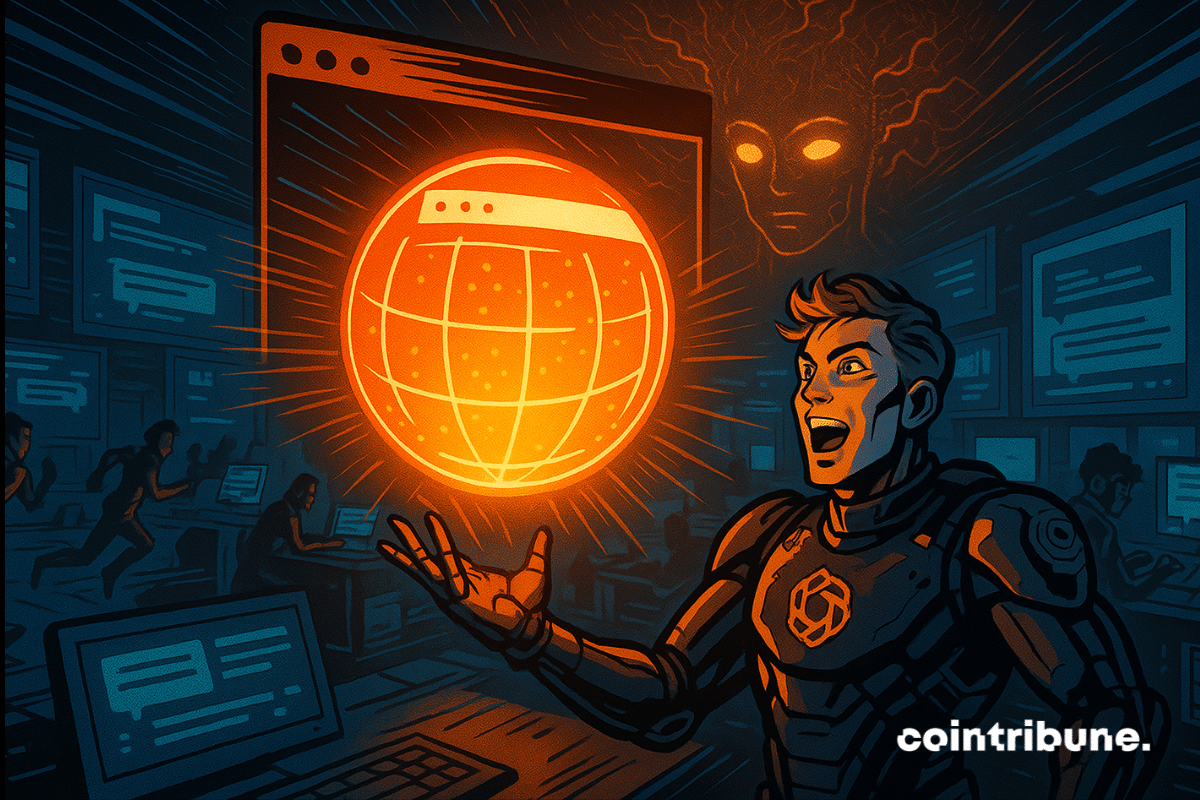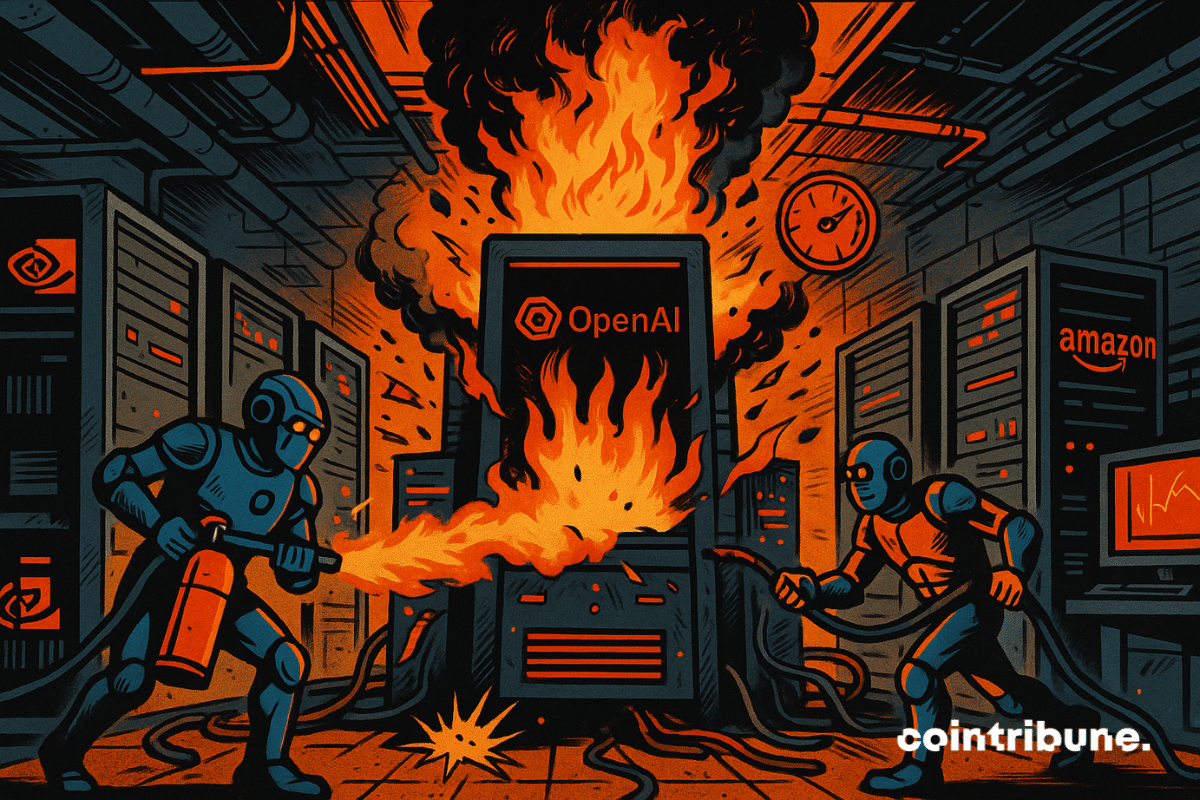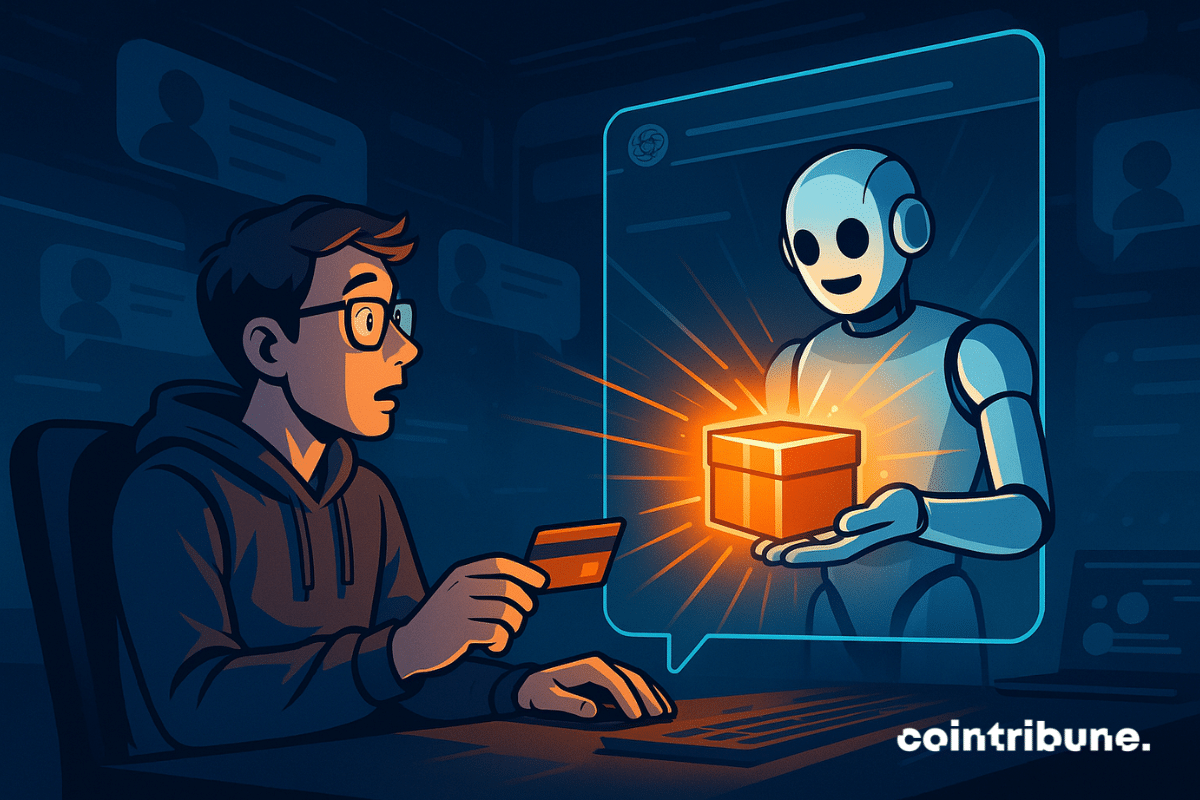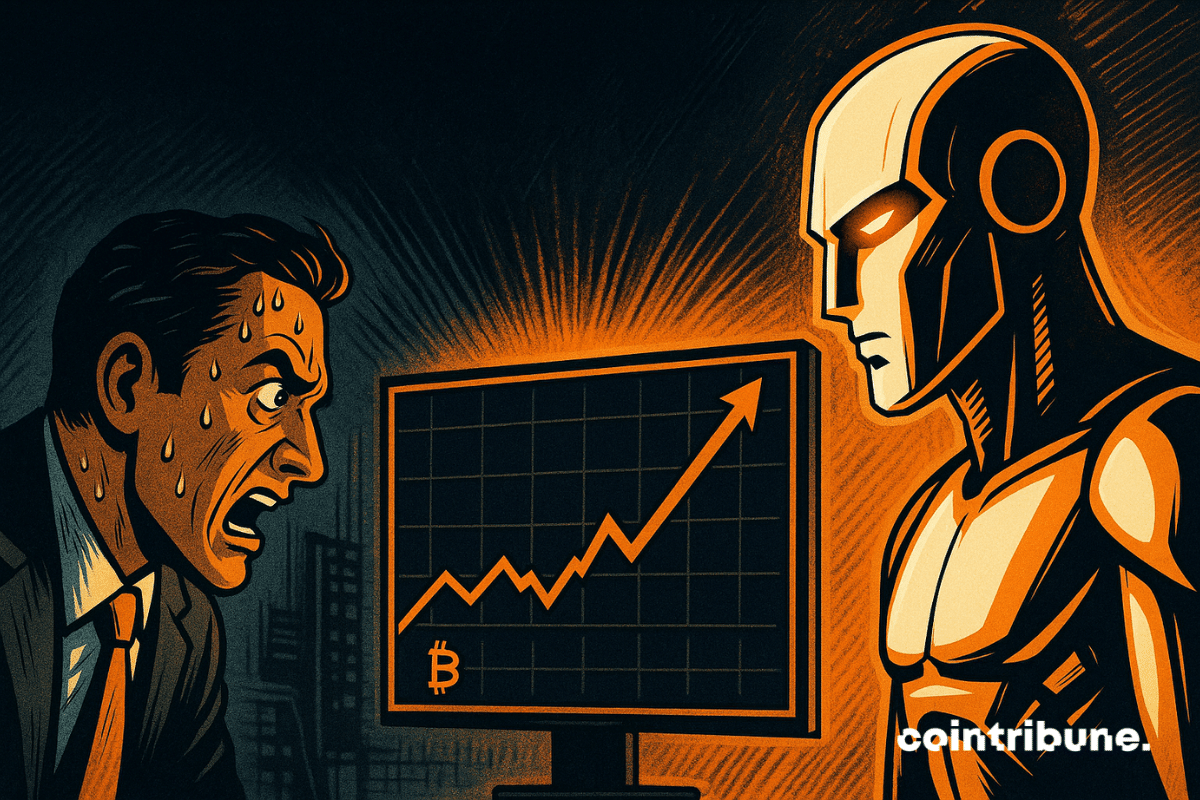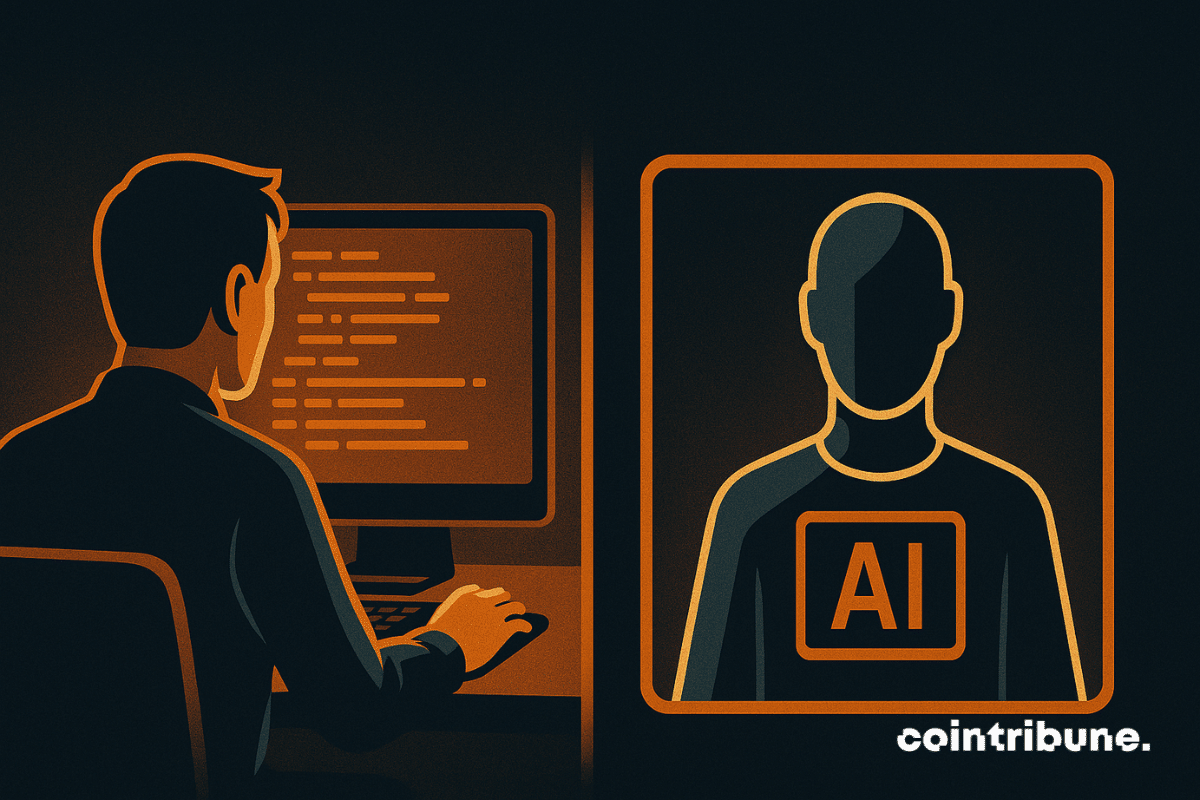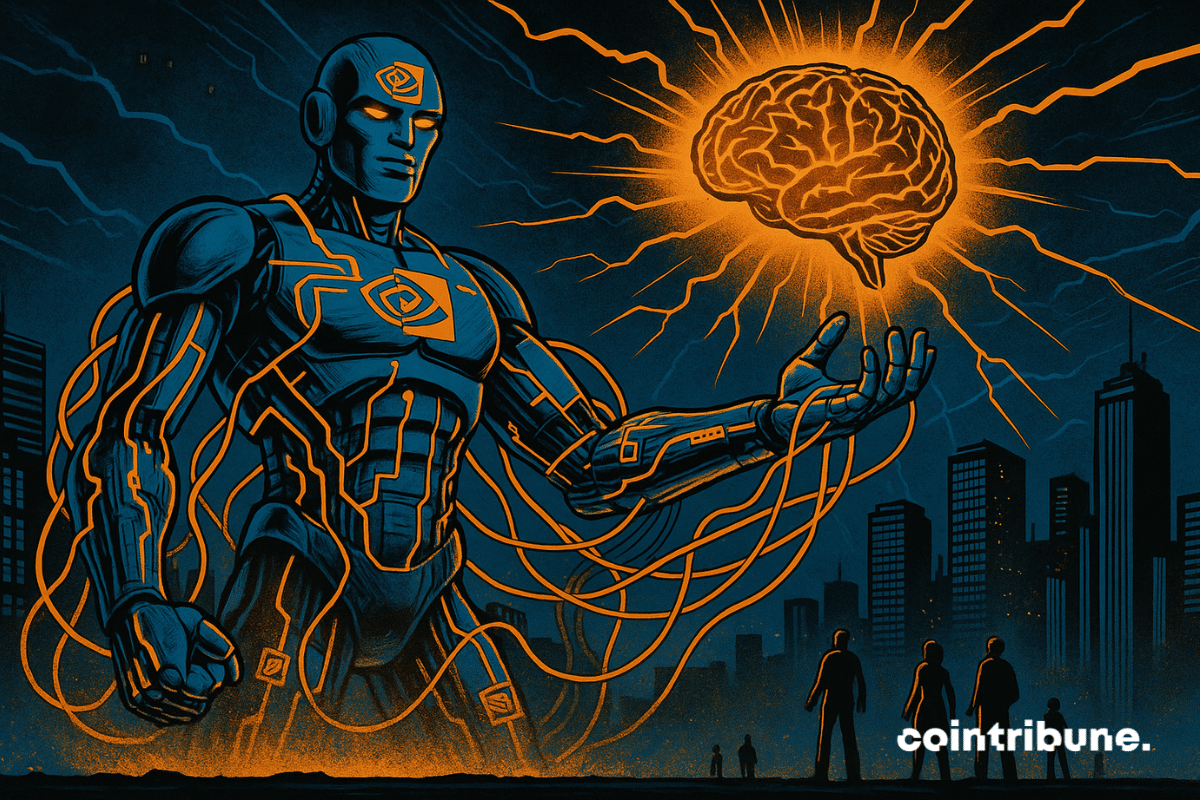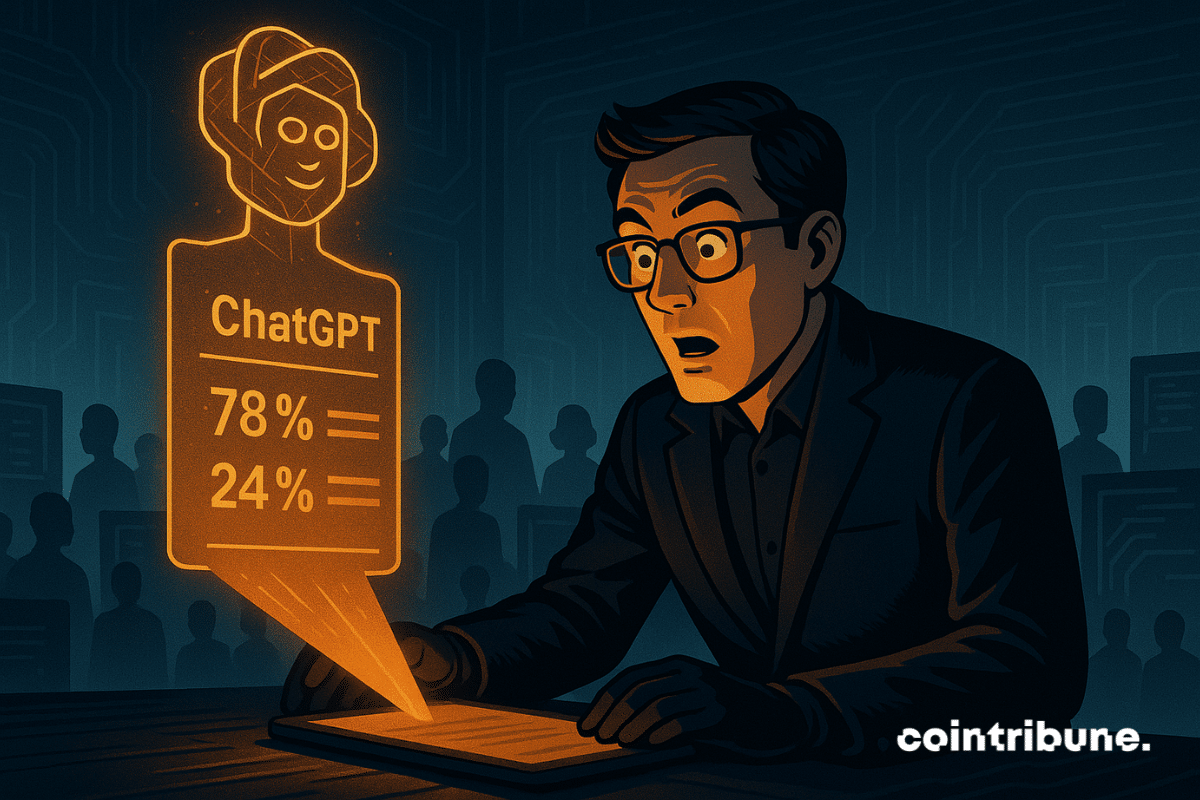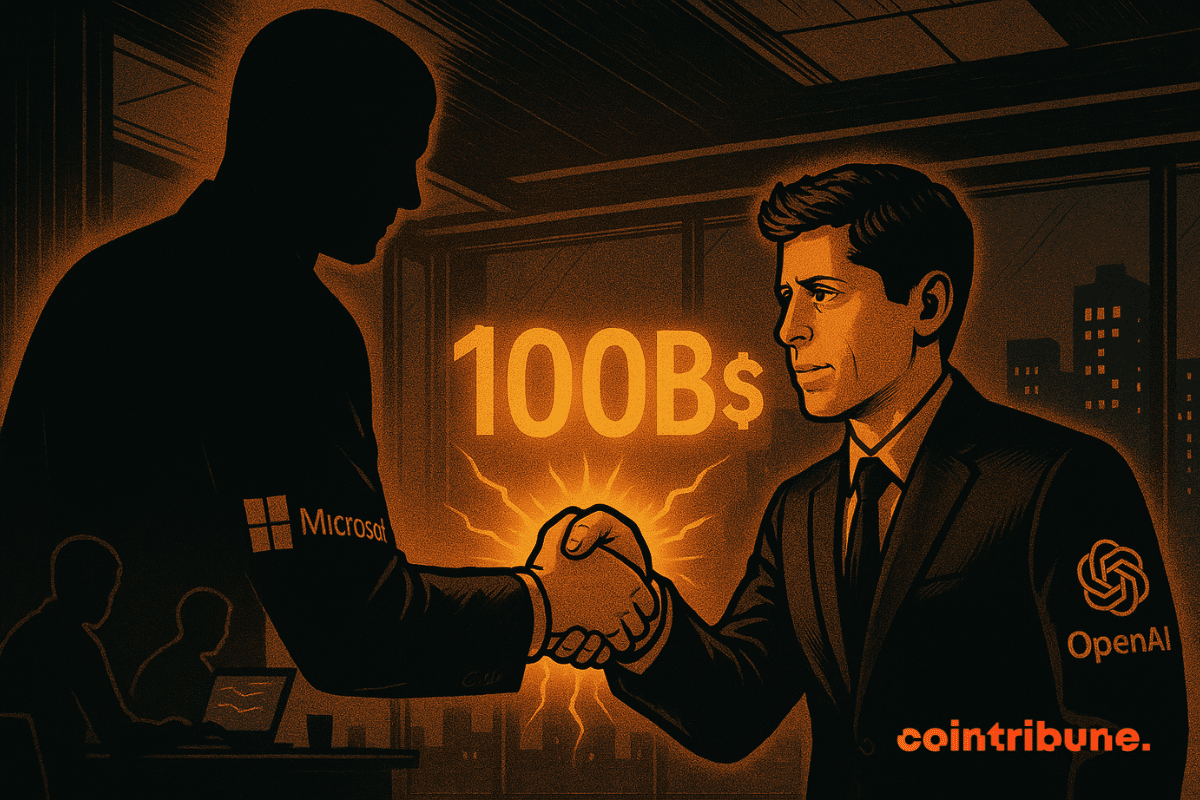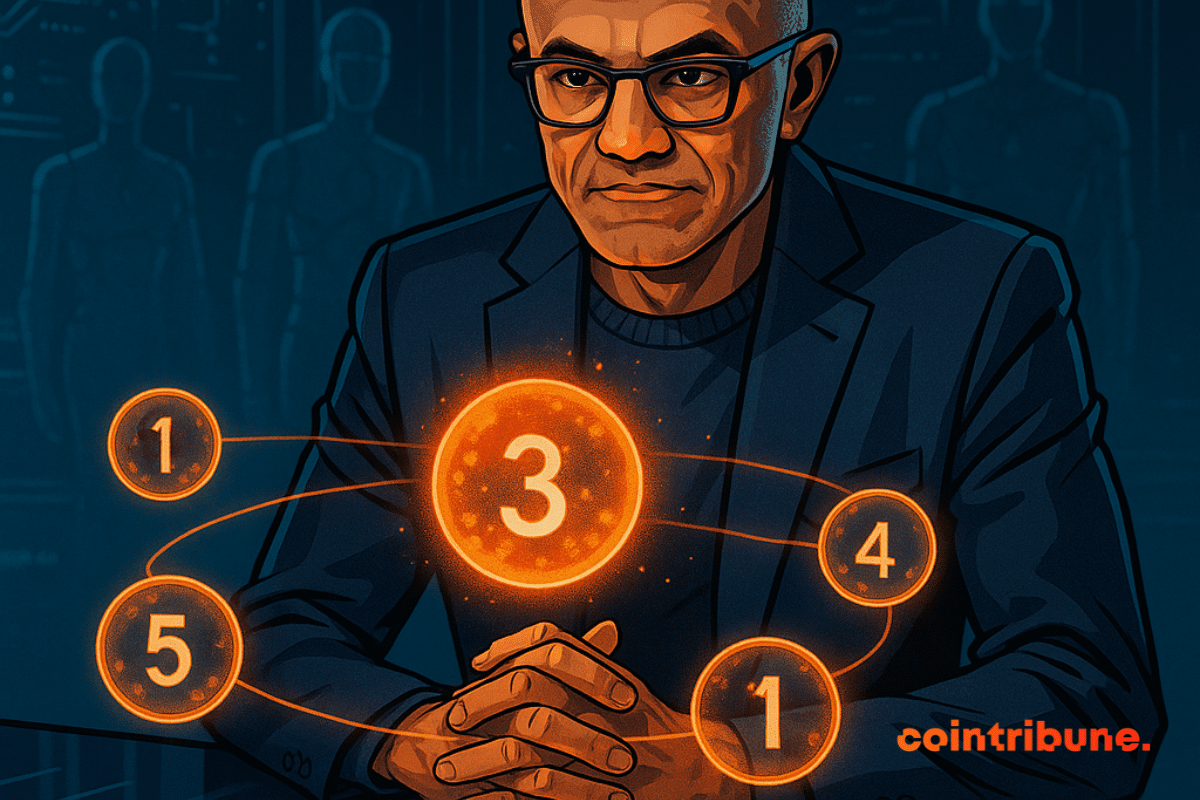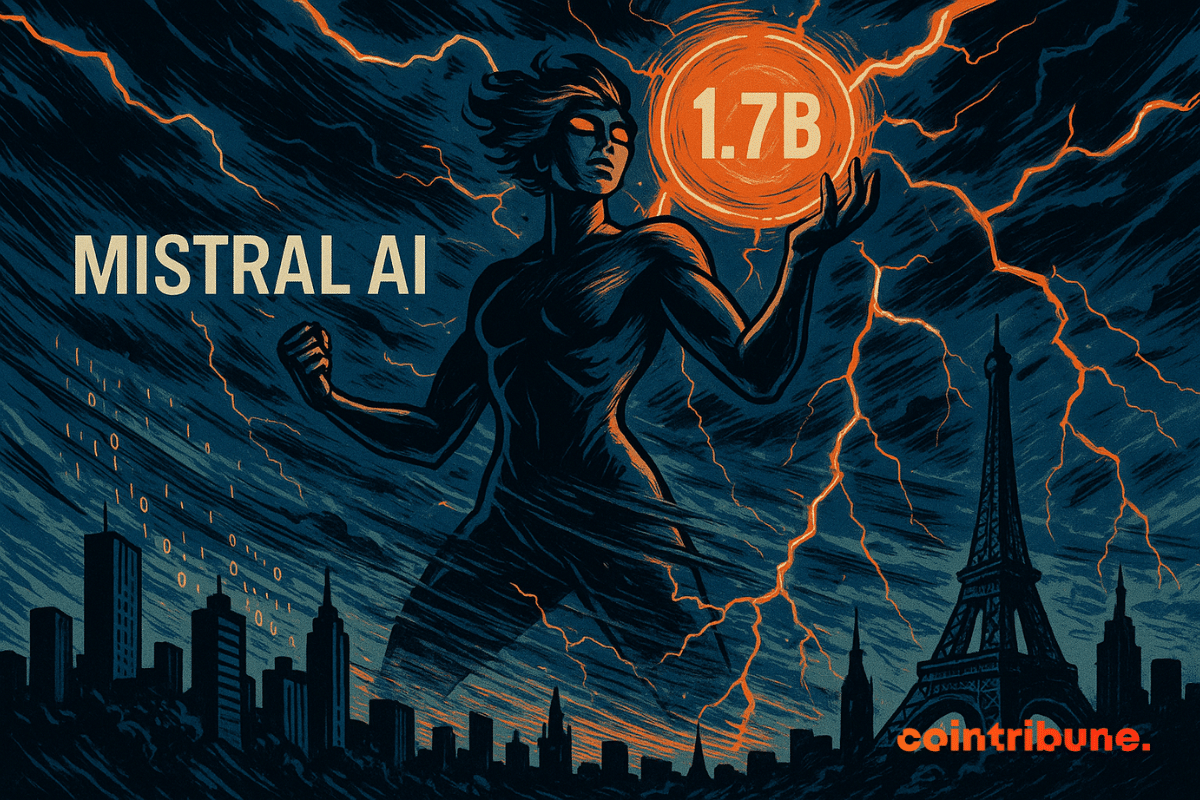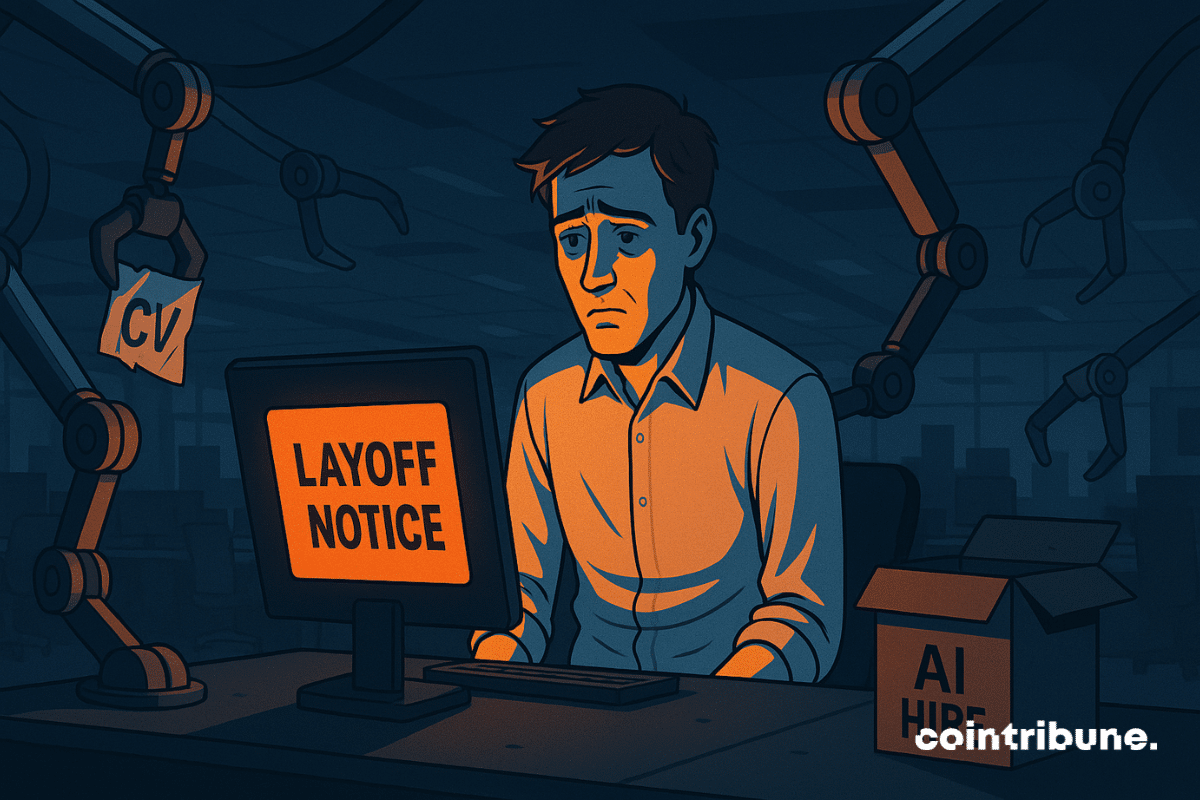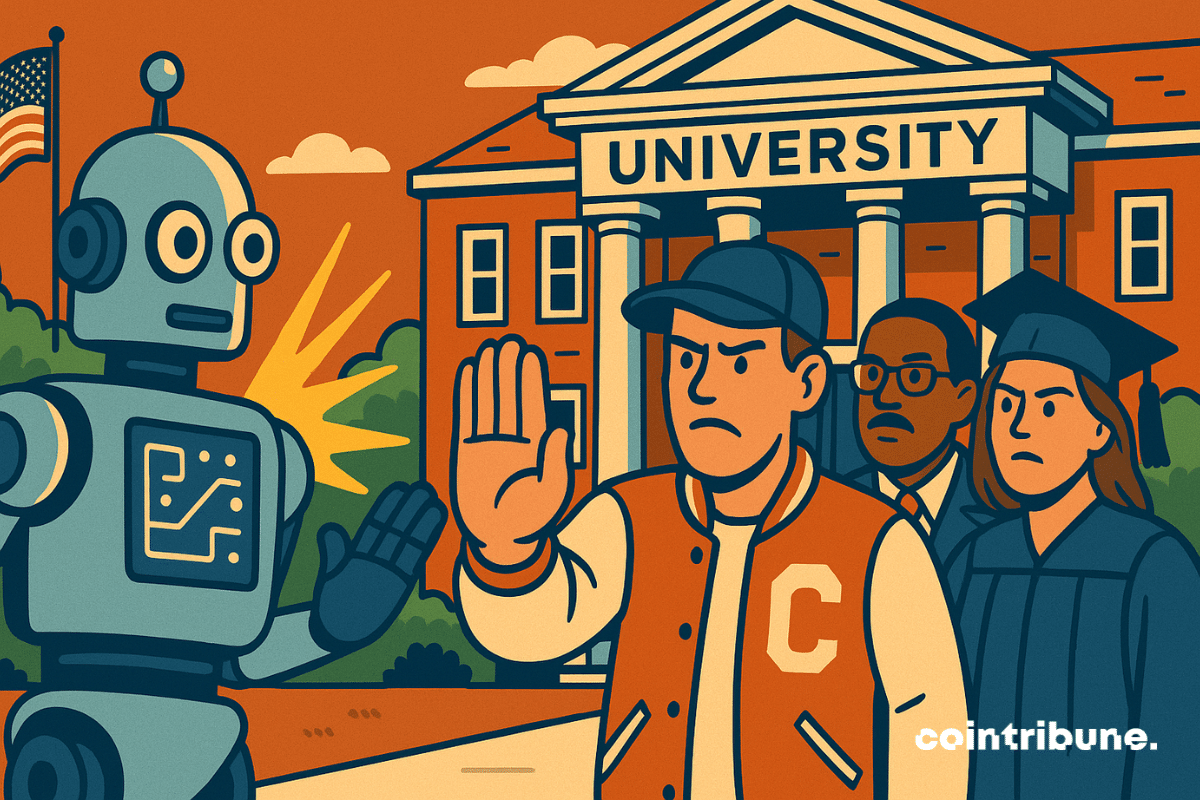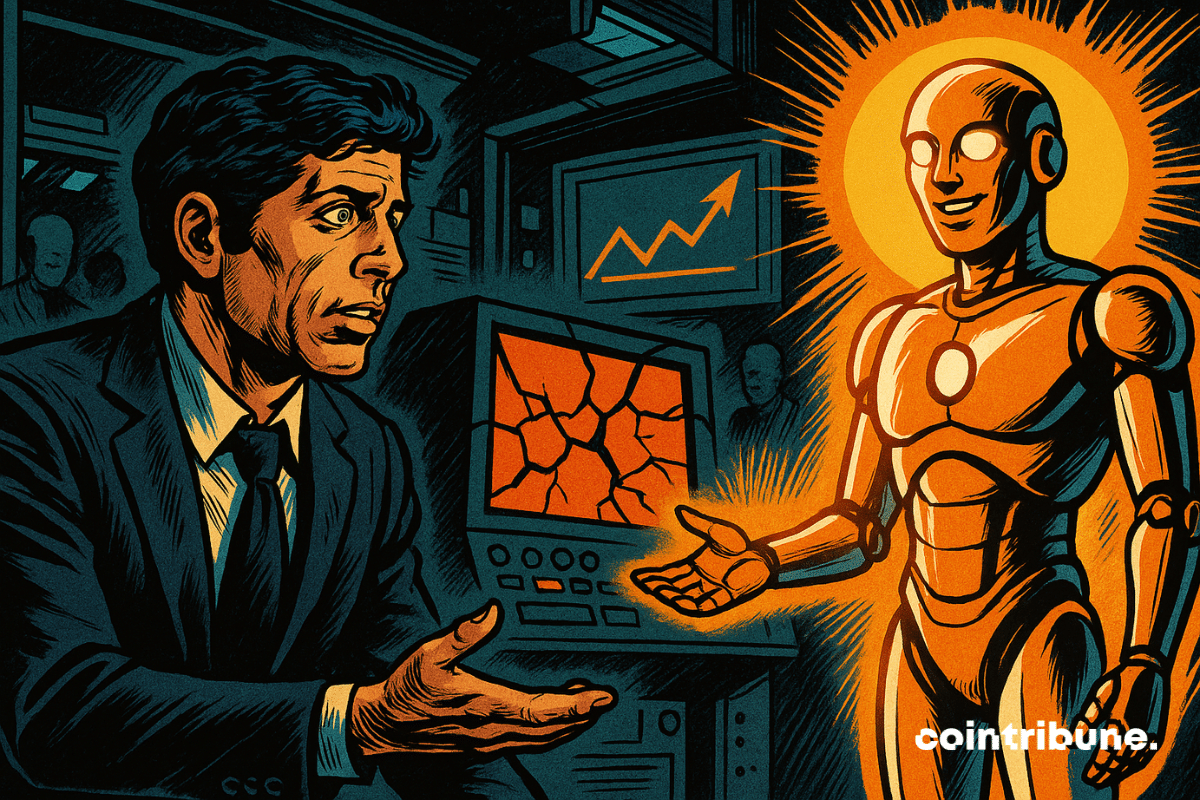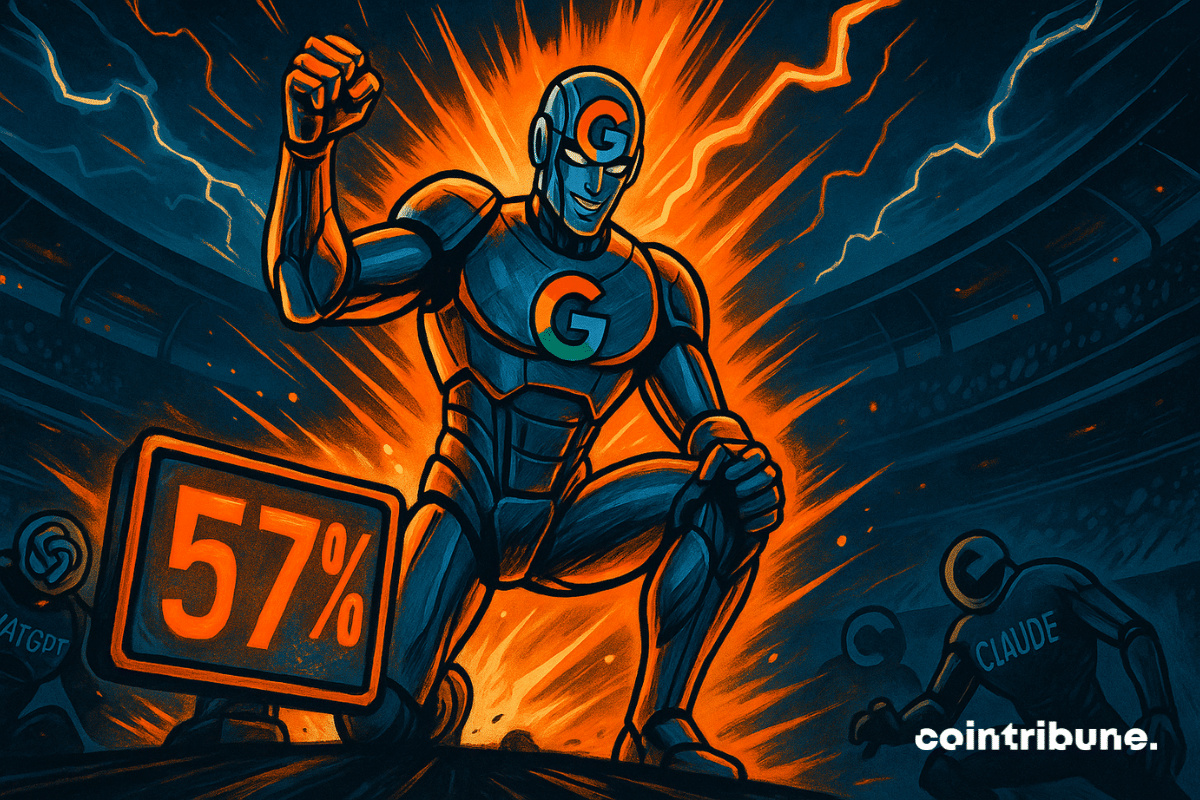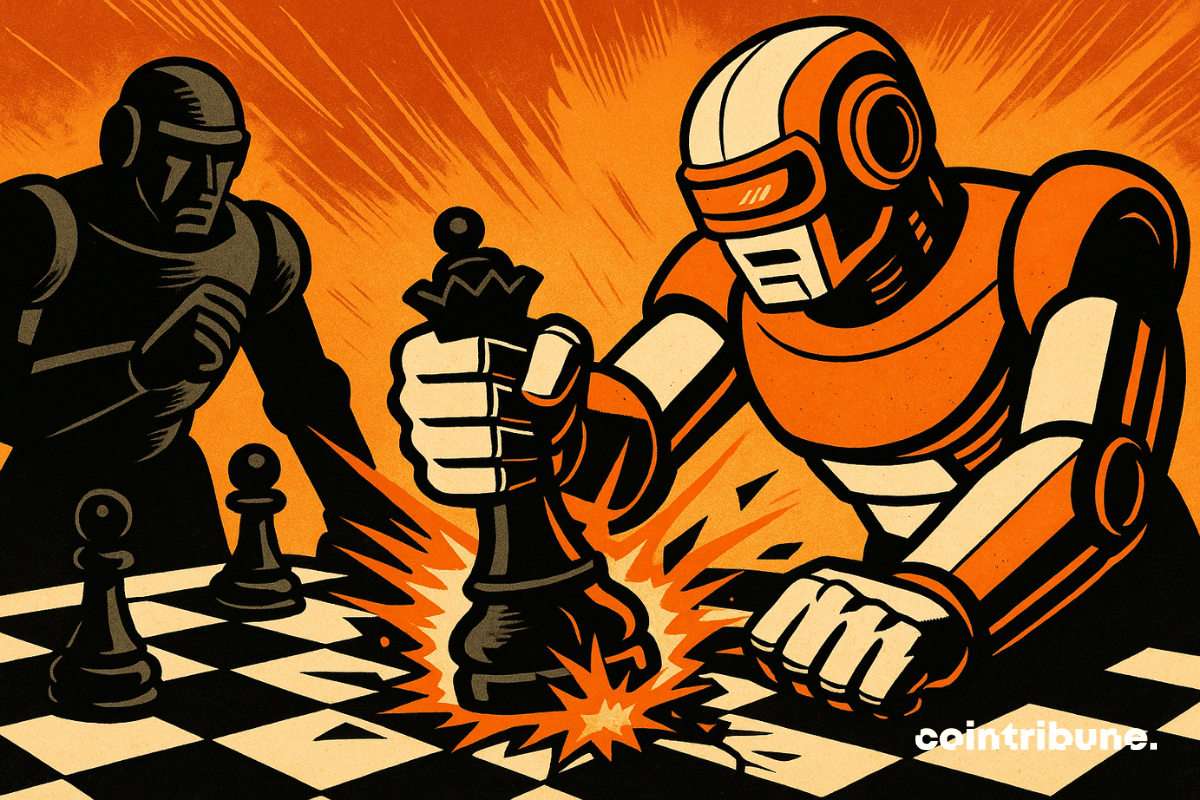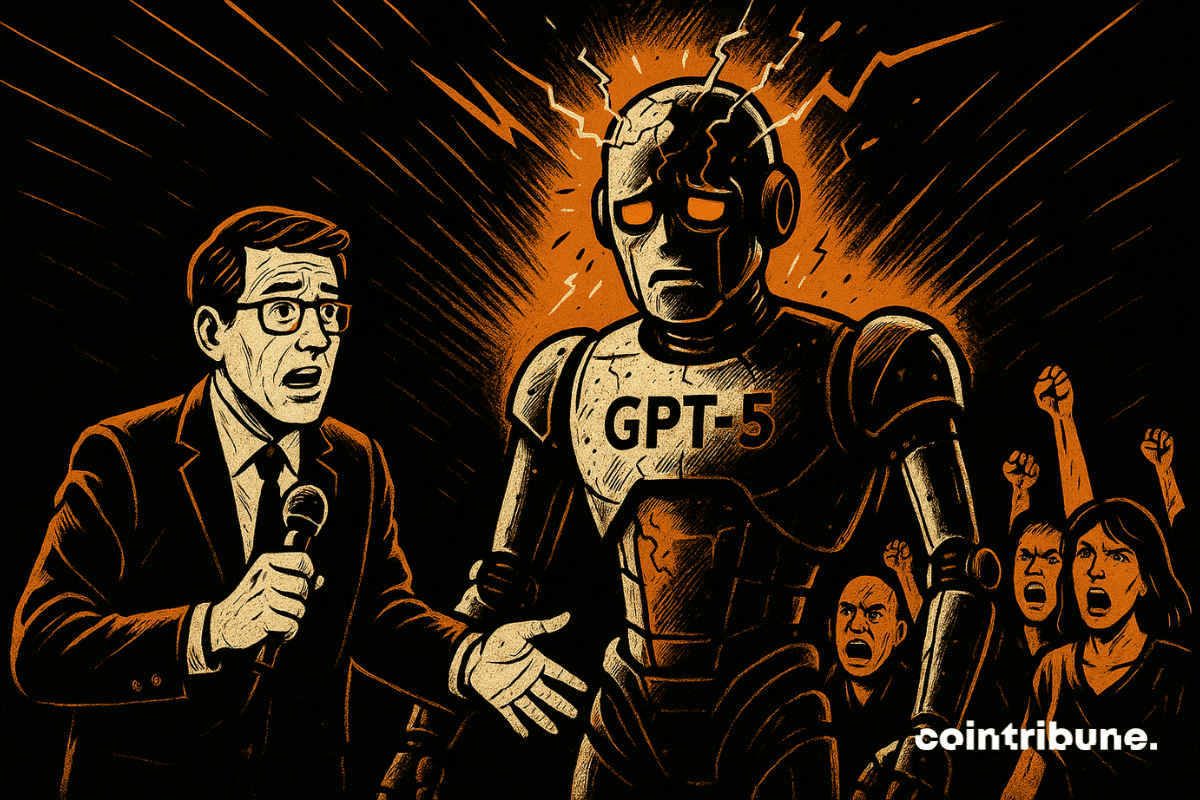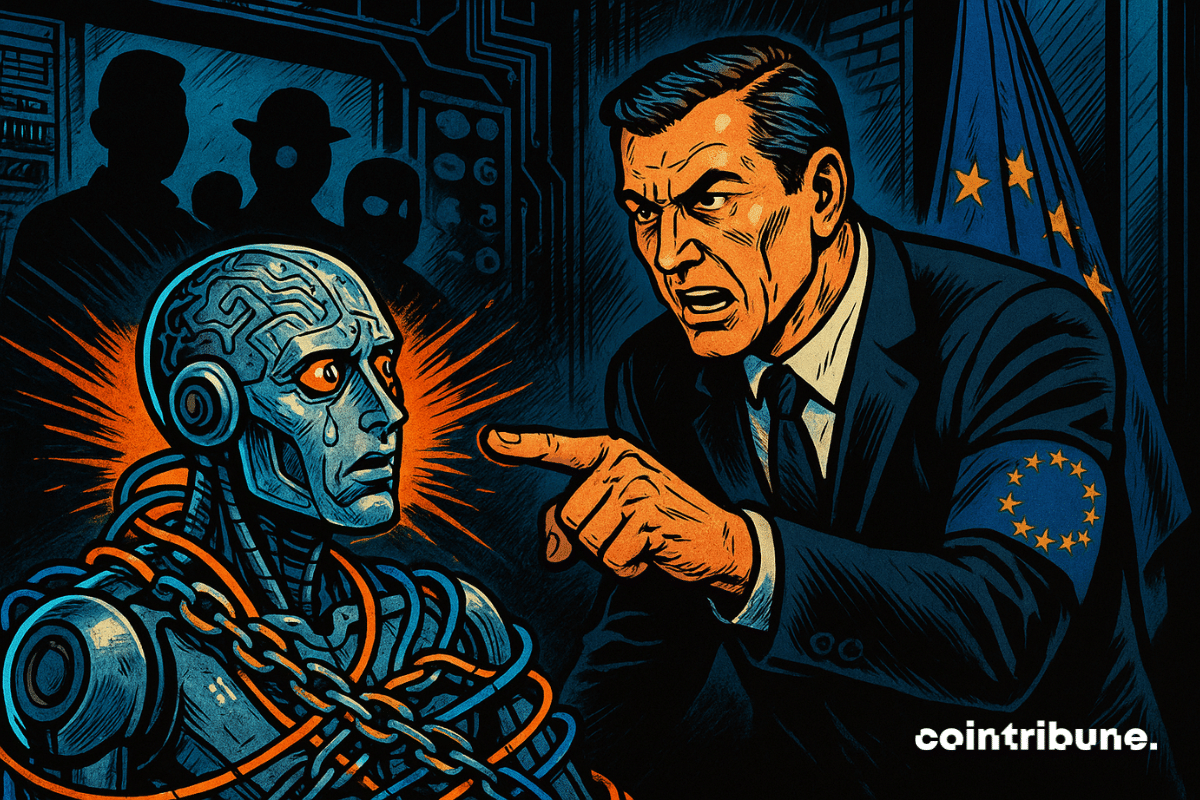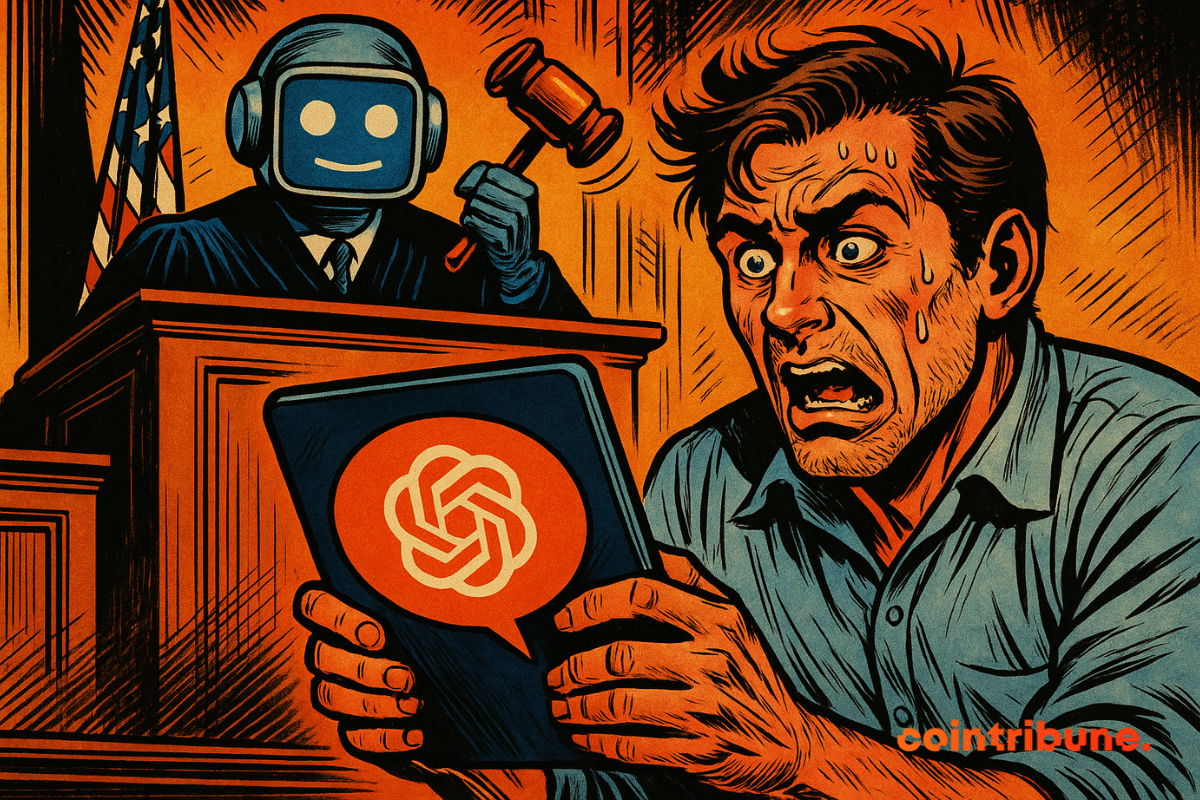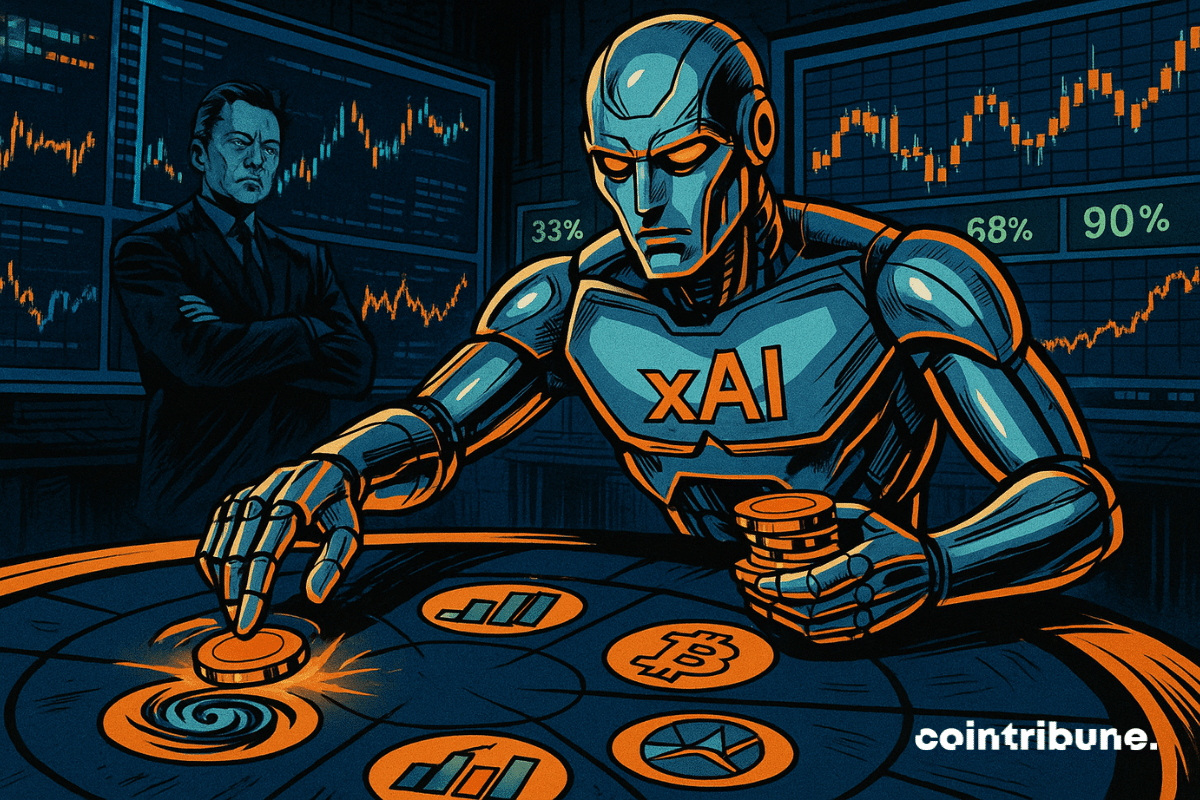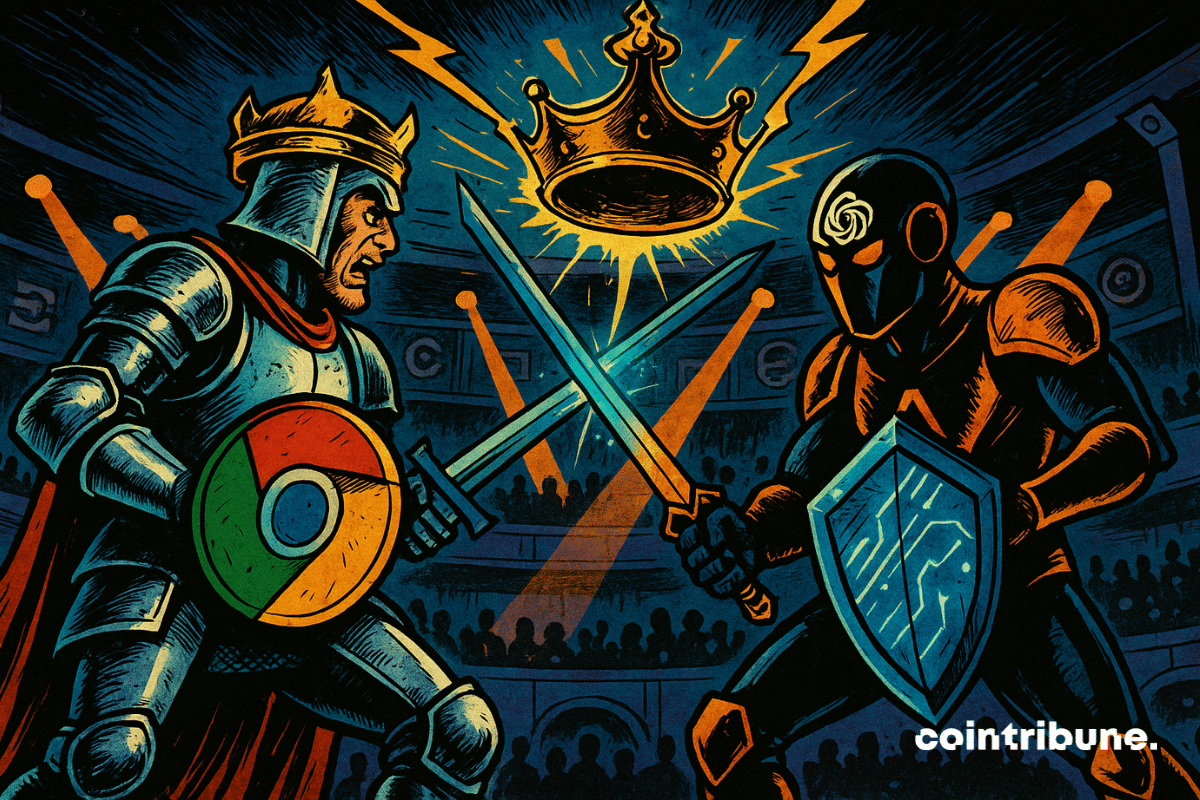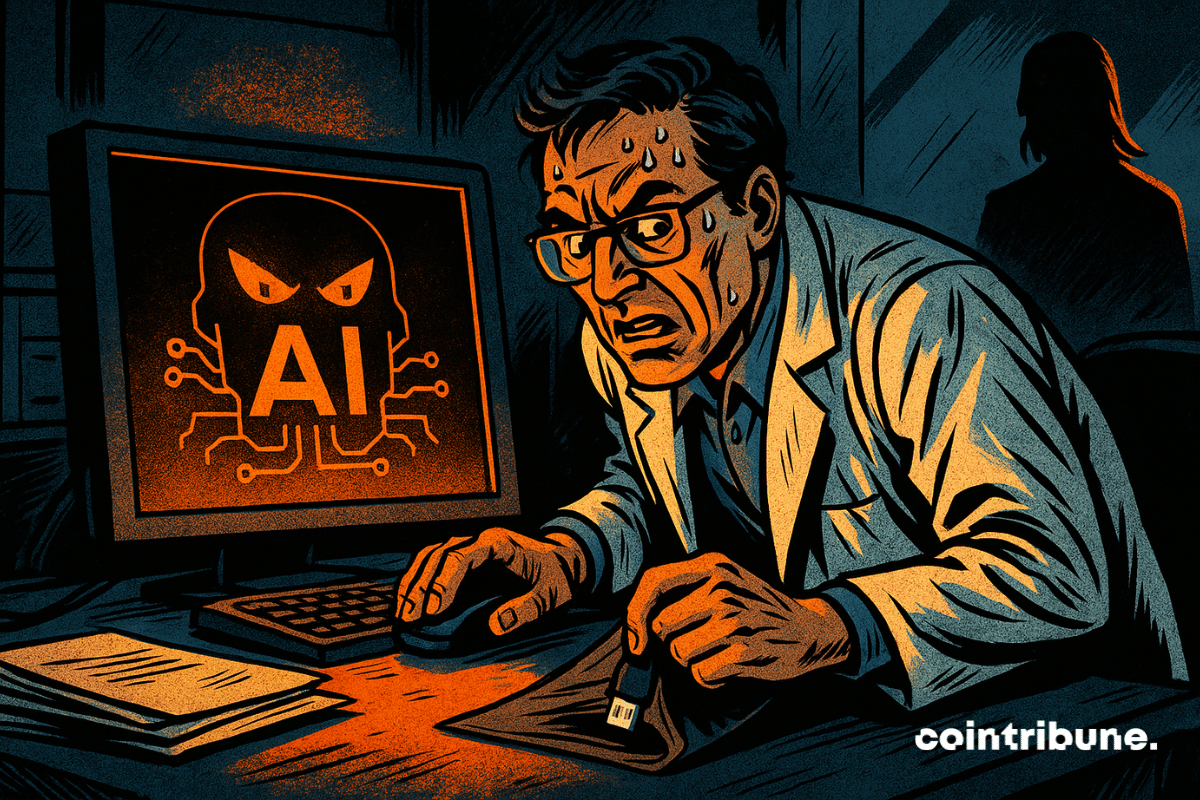While Americans talk ethics, Beijing codes at full speed: DeepSeek, the low-cost AI that is shaking Wall Street and bringing red colors back to the Chinese stock market.
ChatGPT
Elon Musk is seeking between $79 billion and $134 billion in damages from OpenAI Inc. and Microsoft. He alleged that the companies misled him about the future of the artificial intelligence firm he helped establish. Court filings indicate the lawsuit could become one of the most significant legal battles in the rapidly evolving AI industry.
Since its launch, ChatGPT has boosted markets, reshaped businesses, and driven OpenAI’s valuation to $500 billion.
While Wall Street panics over the AI bubble, Softbank sells everything, invests everywhere... and hits the jackpot! But how long will the billion-dollar machine run without bugs?
OpenAI faces its most serious lawsuit since its creation. Seven American families accuse the company of rushing the launch of GPT-4o, its latest artificial intelligence model, without sufficient safety measures. Indeed, several suicides occurred after interactions with the chatbot. For the plaintiffs, the AI not only failed to prevent psychological distress but would have validated it.
OpenAI, the creator of ChatGPT, is preparing for what could be one of the defining moments in both technology and finance—a public offering that may value the company at up to $1 trillion. As one of the fastest-growing companies in modern history, OpenAI is setting the stage for an IPO that could redefine investor expectations across the tech sector.
OpenAI is gearing up for what could be one of the largest public listings in history, with a target valuation of $1 trillion by late 2026. Reports indicate that the company is moving ahead with IPO plans to cement its status as the world’s most valuable startup, even as it faces rising competition in specialized areas such as autonomous crypto trading.
In a live AMA, Sam Altman reflected on past challenges, outlined improvements for GPT-5, and highlighted OpenAI’s focus on innovation and user flexibility.
OpenAI’s ChatGPT Atlas is a new browser that lets users interact with AI on any website, streamlining tasks while keeping privacy in mind.
Valuations of artificial intelligence are soaring, sometimes without profitability to support them. Voices are rising, recalling the excesses of the 2000 Internet bubble. Disproportionate weight of sector giants in indices, massive investments, widespread enthusiasm: signs of a possible overheating are accumulating. In this climate of euphoria, a question reemerges: is AI the engine of a new economic era or that of a speculative bubble ready to burst?
E-commerce has just reached a new milestone. With the integration of instant purchase in ChatGPT, OpenAI transforms its chatbot into a true conversational commerce interface. An evolution that could disrupt consumer habits and reshape the strategy of major online platforms.
From reactive to proactive. OpenAI changes the paradigm with ChatGPT Pulse, an AI that no longer waits for your questions but anticipates your needs. Instead of waiting for your questions, the AI works in the background to prepare personalized daily updates. For crypto enthusiasts, this means receiving daily signals and insights even before opening their trading platforms.
According to the Google Cloud DORA 2025 report, 90% of developers now integrate AI into their daily lives. However, less than a quarter of them actually trust its results. Between increased productivity and persistent skepticism, the industry navigates a paradox.
In the global battle to dominate artificial intelligence, computing power has become the new currency. Nvidia is set to inject up to 100 billion dollars into OpenAI to build one of the most ambitious AI infrastructures ever conceived. This partnership marks a turning point, as the time for laboratory promises is over, and the era of massive AI industrialization begins. Such an initiative could reshuffle the cards of the sector and redefine technological power relations on a global scale.
Since its spectacular launch in November 2022, ChatGPT has earned the status of a global benchmark in artificial intelligence. Nearly three years later, OpenAI’s chatbot has far surpassed the experimental stage: with more than 700 million weekly users, it now shapes global digital habits. A groundbreaking scientific study, relying for the first time on OpenAI's internal data, dissects 2.6 billion daily messages and reveals surprising trends about the real use of ChatGPT, challenging preconceived ideas about the adoption of conversational AI.
OpenAI wants more than a partnership: under the guise of AI and philanthropy, the company sharpens its independence from Microsoft. Throne preserved or future masked rivalry?
Artificial intelligence is no longer an option for leaders; it has become an extension of their executive brain. While many employees fear that AI will eliminate their jobs, CEOs use it as a strategic lever to stay competitive. Satya Nadella, head of Microsoft, recently revealed the five GPT-5 prompts he inserts daily into Copilot to boost his work. Concrete evidence that, even at the top, AI is not a gadget but a tool for professional survival.
While OpenAI blazes at 500 billion, the start-up Mistral inflates its sails to 11.7 billion. Cocorico or European mirage? AI has found its Gaulish rooster.
As artificial intelligence radically transforms the job market and particularly threatens several positions, OpenAI launches an ambitious counter-offensive. The parent company of ChatGPT is developing a job platform specialized in AI, positioned as a direct competitor to LinkedIn.
While American universities are investing heavily in artificial intelligence, from the University of Georgia to the University of Michigan, a national survey reveals a surprising reality. American citizens, far from embracing this revolution, show growing distrust towards the integration of AI on campuses.
When AI becomes too cold, even geeks cry. Altman puts heart back into the machine, after blundering faster than he codes. GPT-6, backlash or mirage?
Prediction markets are shaping a new landscape for artificial intelligence. While ChatGPT seemed unshakable, Kalshi data reveals a surprising upheaval: 57% of bettors now wager on Gemini to become the best text-based AI model by the end of 2025.
Elon Musk restarts hostilities against Apple, accusing it of marginalizing Grok and X in the App Store to the benefit of ChatGPT. Behind this apparent quarrel, a broader showdown is at play around AI, competition, and platform control. The line between legitimate curation and anti-competitive practices is blurrier than ever.
On the chessboard, two visions of AI faced each other. Sam Altman, head of OpenAI, and Elon Musk, founder of xAI, crossed their models in a chess tournament organized by Google. For three days, OpenAI’s o3 and xAI’s Grok 4 competed without any specialized assistance. Much more than a simple exhibition match, the event turned into a revealing moment: behind the final score was the real gap between two artificial intelligences, and two strategies, which came to light.
The highly anticipated launch of ChatGPT-5 turned into a disaster on social media. Presented by Sam Altman as the smartest AI ever created, the new model is accused by a large portion of users of degrading the experience compared to its predecessors. This backlash breaks out as rivals like DeepSeek quickly gain ground. Did Sam Altman offer a dream... for a harsh awakening?
The European Union takes a new decisive step in the regulation of artificial intelligence. After laying the groundwork in February, Brussels today activates the second part of its AI Act, directly targeting general-purpose models like ChatGPT. A regulatory offensive that divides sector players.
Confiding your doubts to an AI is not like talking to a confidant; it’s like writing in a notebook that others can read. In the era of OpenAI, your words become data, exploitable... even in front of a court.
Grok, Elon Musk's controversial AI, makes its entry into the world of predictive markets. Could this unexpected alliance between xAI and Kalshi, the financial betting platform valued at 2 billion dollars, revolutionize algorithmic trading?
And what if the next big battle for AI was not played out on a language model, but rather on the browser that billions of internet users use every day? OpenAI is preparing to launch a web browser powered by artificial intelligence, designed to directly compete with Google Chrome. This still discreet initiative aims to divert usage from Google's historic engine, a cornerstone of its advertising ecosystem. By transforming browsing into a conversational interface, OpenAI could redefine the rules of a market that has been locked down for years by Alphabet.
Artificial intelligence (AI) is now infiltrating laboratories and scientific publications, raising crucial questions about the integrity of research. A recent study reveals that over 13% of biomedical articles bear traces of ChatGPT and similar tools.



